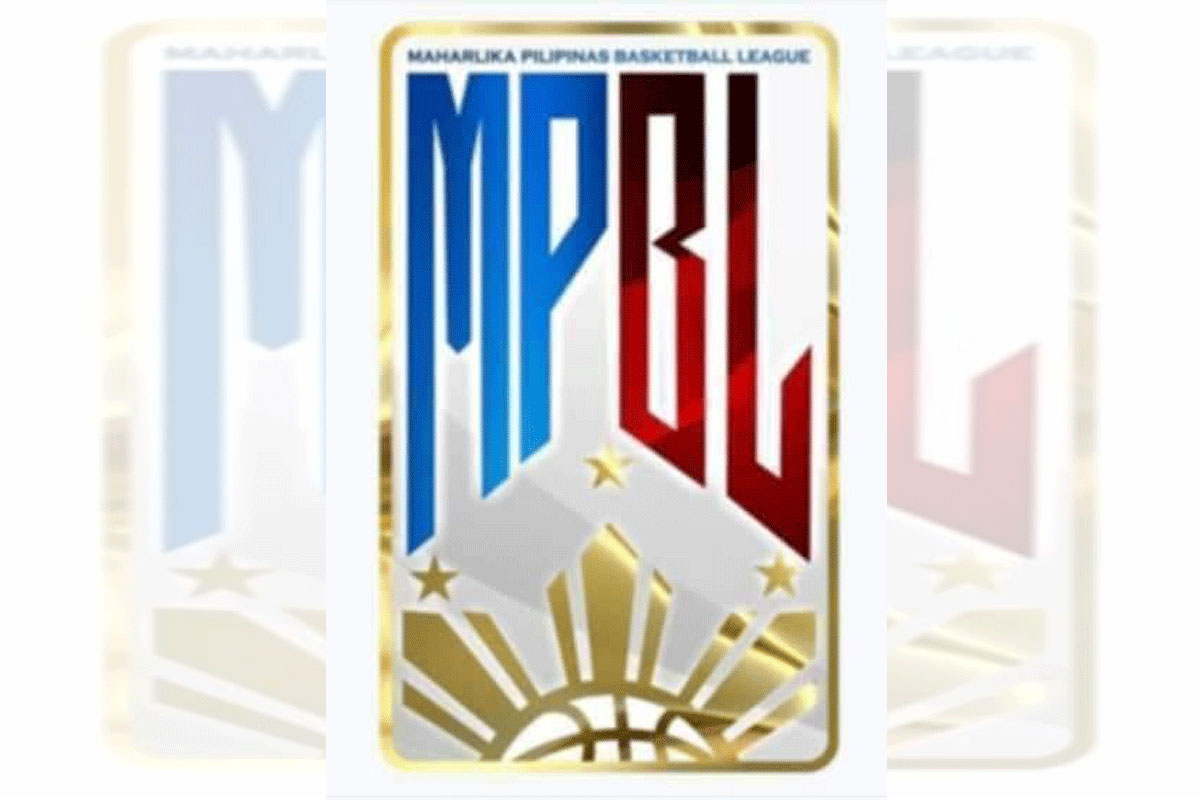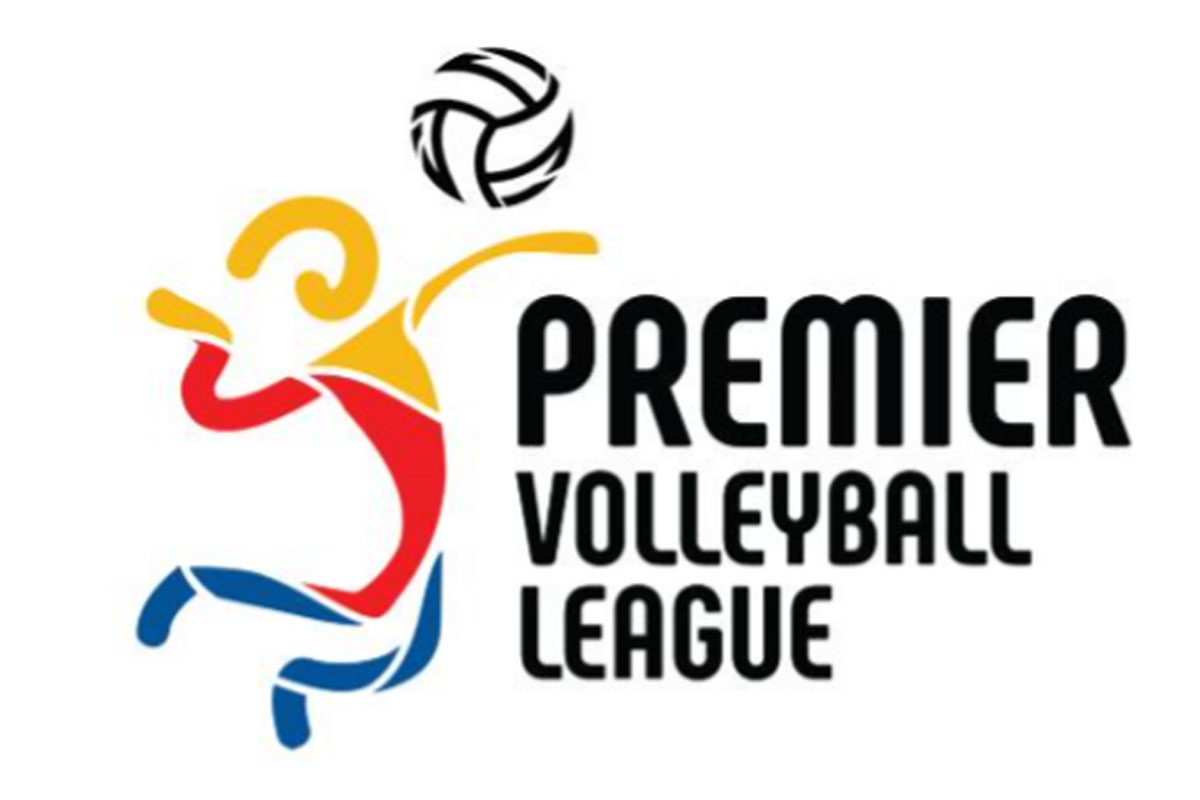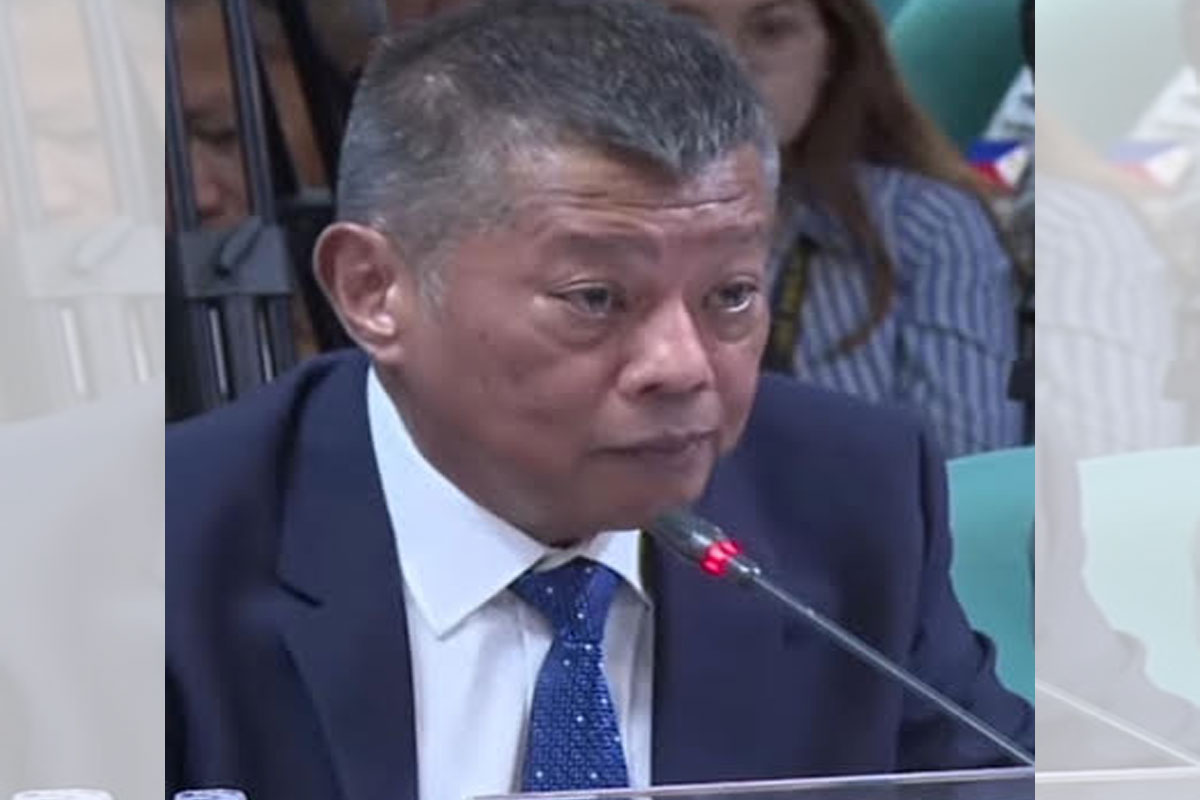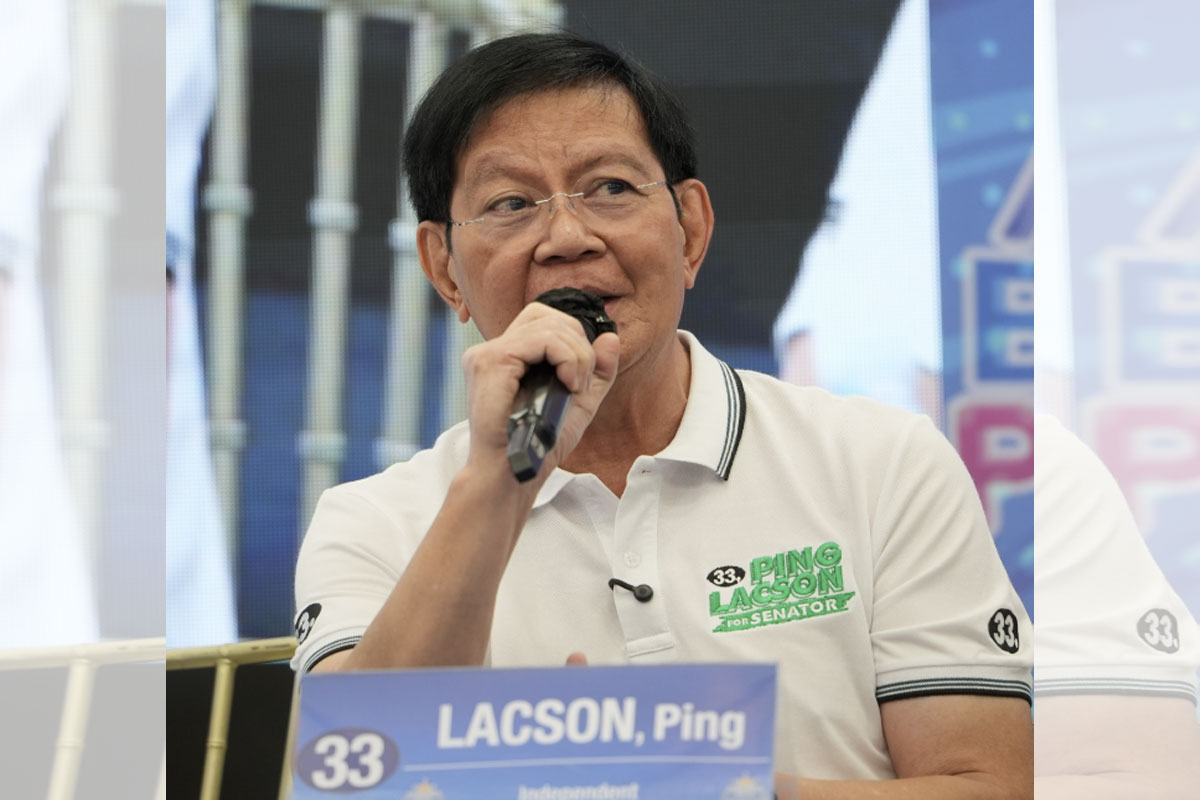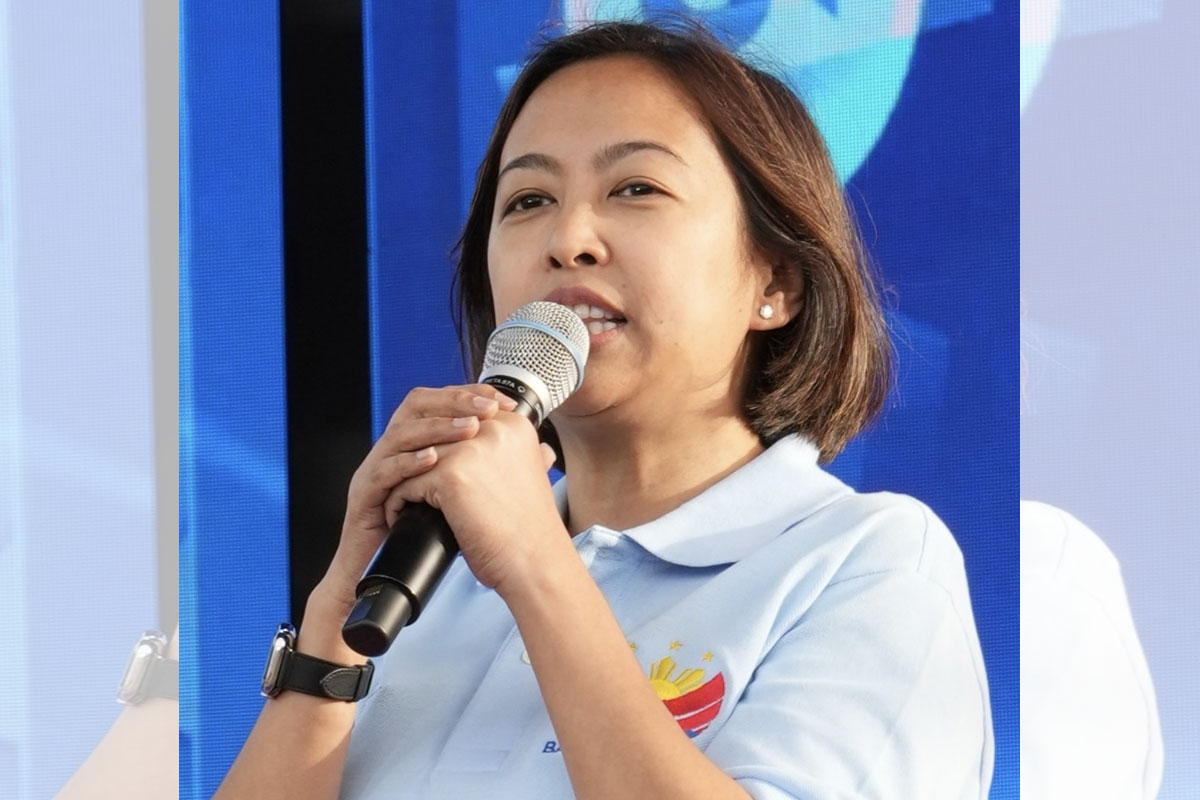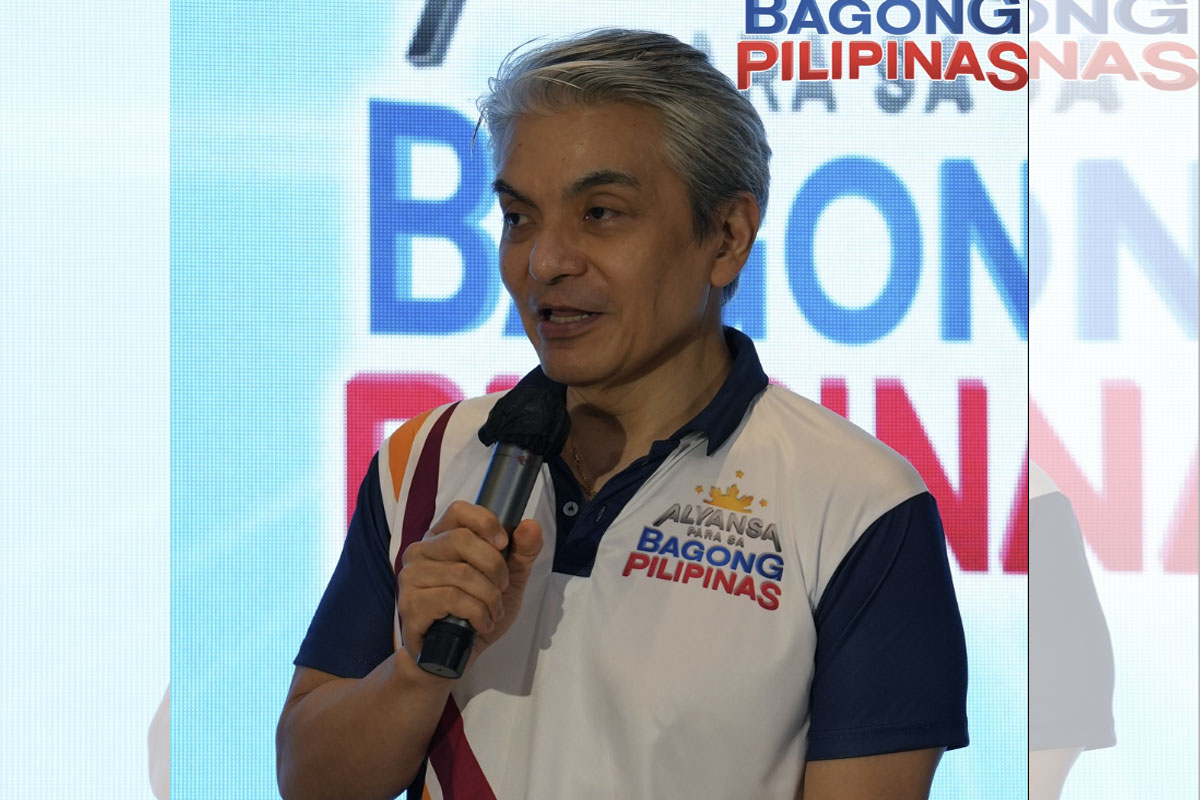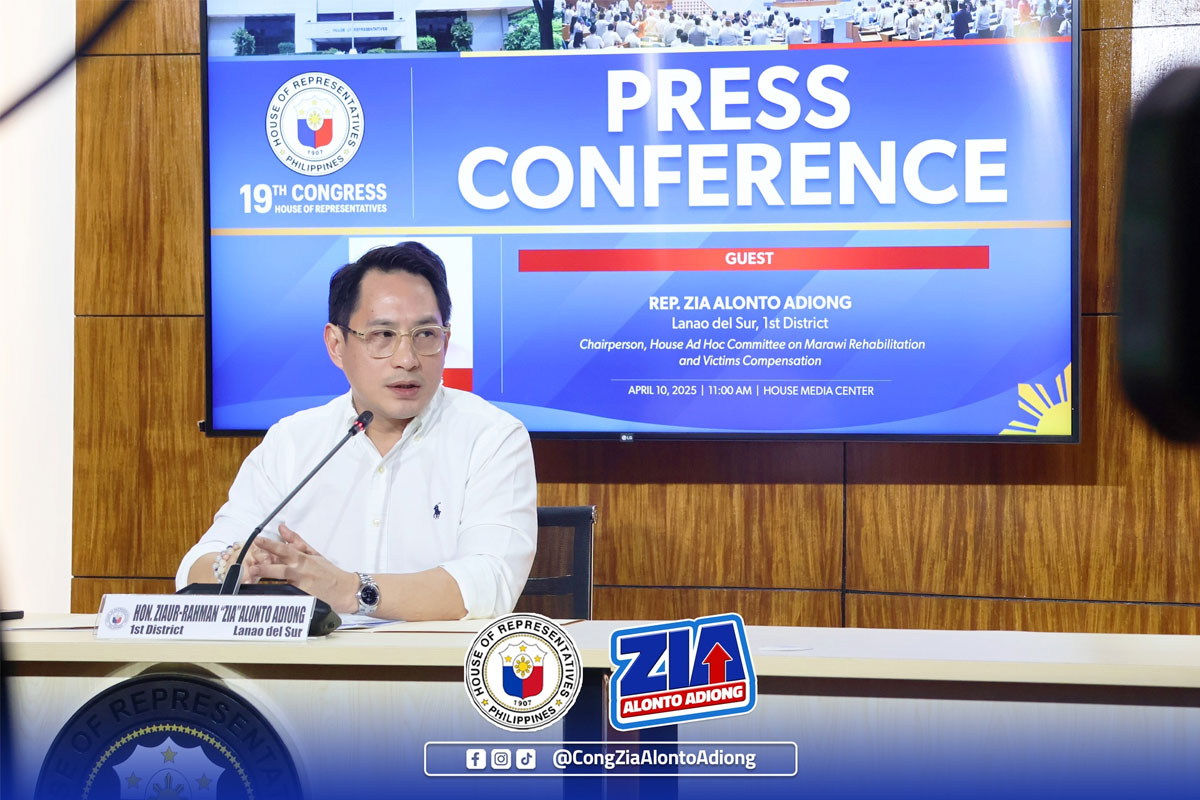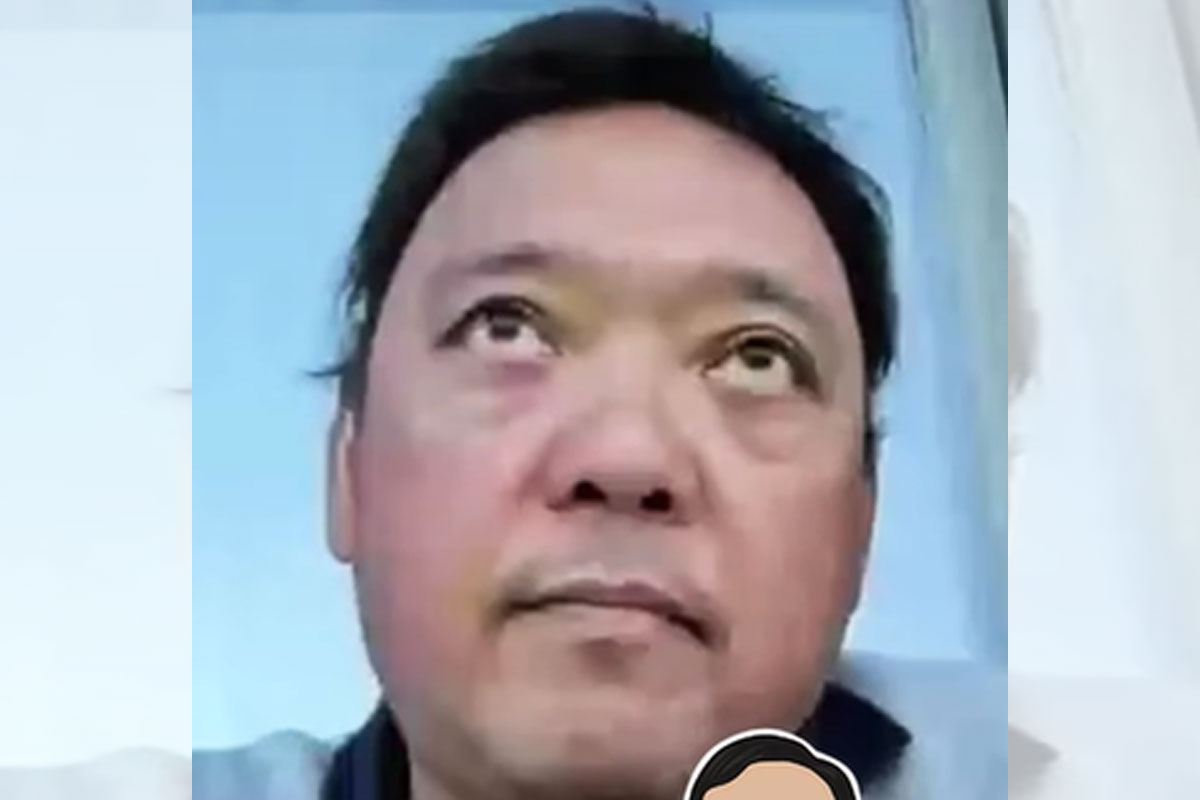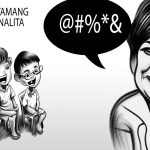
Outlaw no permit no exam policy
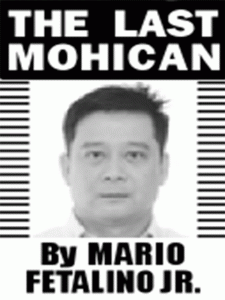 BOTH of my parents were government workers — my mom was a public school teacher while my father was with the Bureau of Lands.
BOTH of my parents were government workers — my mom was a public school teacher while my father was with the Bureau of Lands.
As state employees, their combined salaries then were not enough to pay their children’s tuition fees in private schools — yes, we’re poor but my parents wanted their kids to get quality education.
In short, my siblings and I got enrolled in private schools through ‘bahala na system’ — bahala na kung makakabayad on time or hindi.
So I can relate well with students of today who can’t take exams because they can’t pay for permits.
I know how hard it was for my parents to borrow money, ask for salary advances, or beg school officials to allow me to take the exams without permit.
I always get embarrassed inside the classroom when everybody was taking the tests except me.
But despite those challenges, I graduated and got my diploma that helped me find many jobs later on.
Recently, I got a story from the House of Representatives about a measure that could help students and parents avoid the difficulties my parents and I went through.
There’s a bill seeking to prohibit the “no permit, no exam” policy in private elementary and high schools.
It would go a long way in improving public access to basic education, Quezon City Rep. Marvin Rillo said.
Rillo slammed the “no tuition, no exam” rule as “highly discriminatory against children from families that are struggling to survive, including households run by single parents.”
“There are families in a cost-of-living crisis, which occasionally prevents them from paying in a timely manner the tuition fees of their children in private schools,” Rillo said.
Rillo is author of House Bill No. 7584, or the proposed No Permit, No Exam Prohibition Act. The House of Representatives approved the bill on third and final reading on May 8.
The Senate approved its counterpart measure, Senate Bill No. 1359, on March 20.
The bill is awaiting approval by a bicameral conference committee.
Under the bill that is bound to become a new law soon, students with unpaid tuition fees would be allowed to take their periodic and final examinations, if their parents or guardians execute a promissory note to settle their financial obligations.
To facilitate collection of unpaid fees, the bill would allow schools to hold back the issuance of transfer credentials to students with unsettled liabilities, or to refuse their acceptance in the next enrollment period.
Private schools that fail to comply with the “no permit, no exam” ban would face administrative penalties.
Rillo, meanwhile, disputed claims that the bill would adversely affect private schools that depend on tuition fees to sustain their operations.
Students eventually settle their outstanding obligations because they need their credentials to move up the educational ladder, Rillo pointed out.
An estimated 3.6 million students are currently enrolled in over 12,000 private elementary and high schools across the country.
Looking forward for this upcoming law. Good job cong!
For comments, please call or text 09569012811 or email [email protected]



